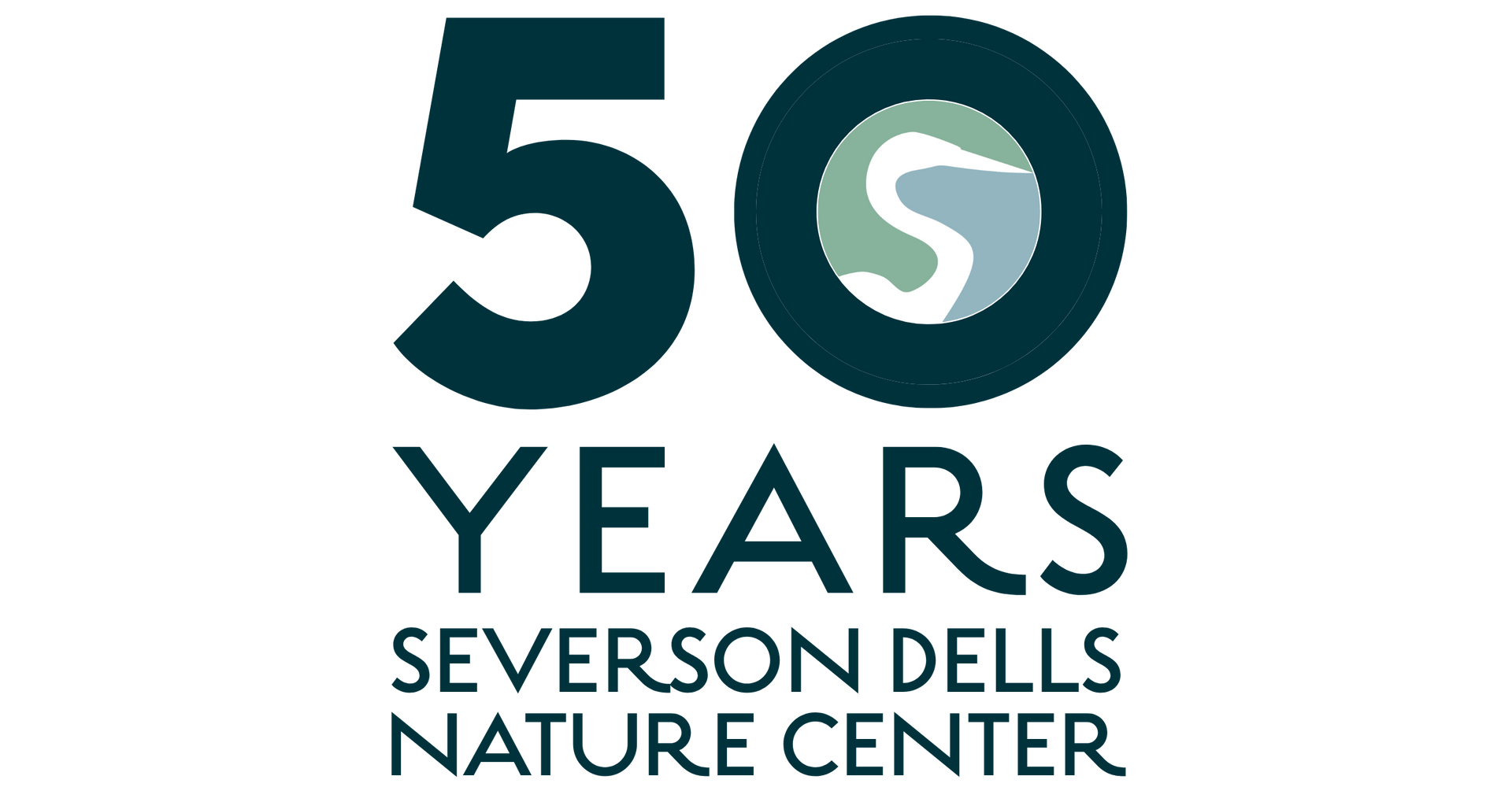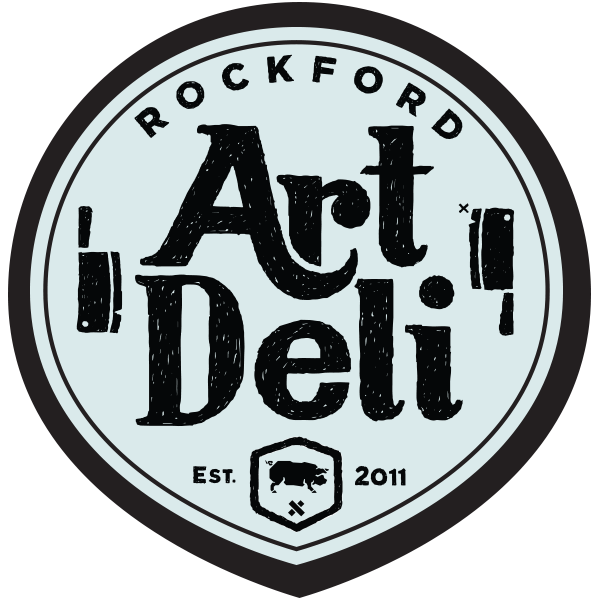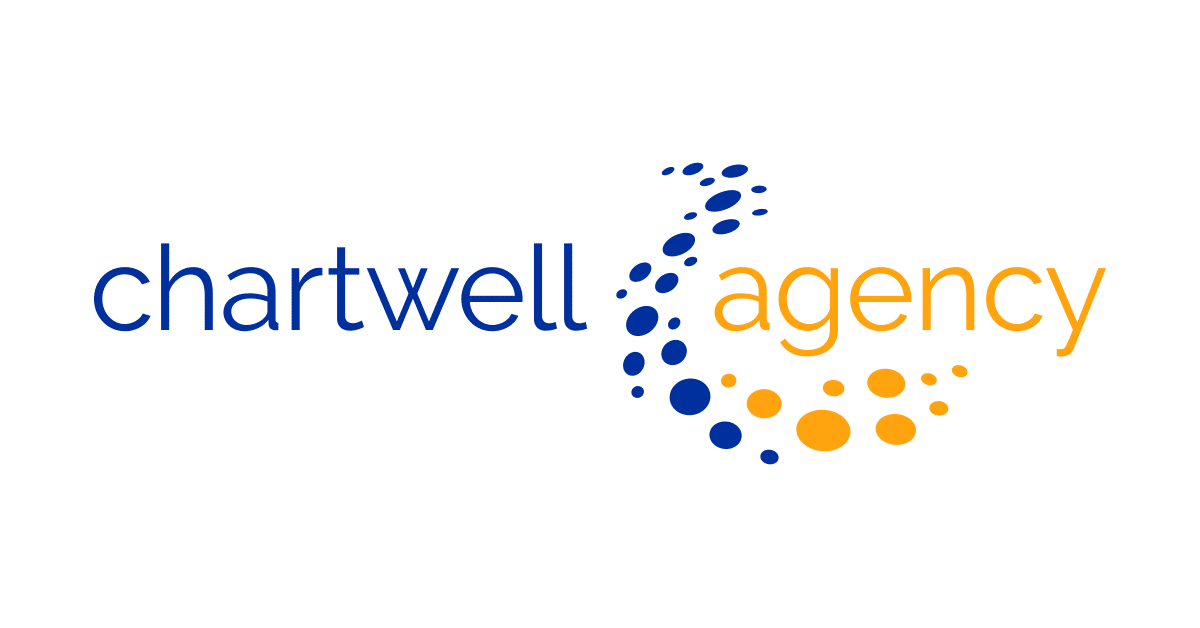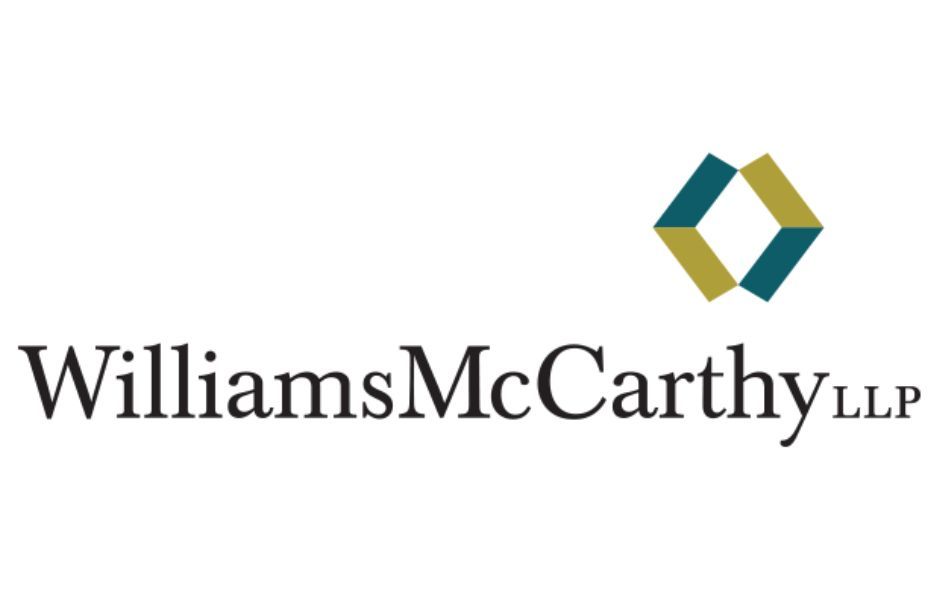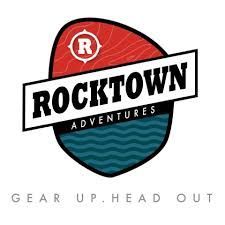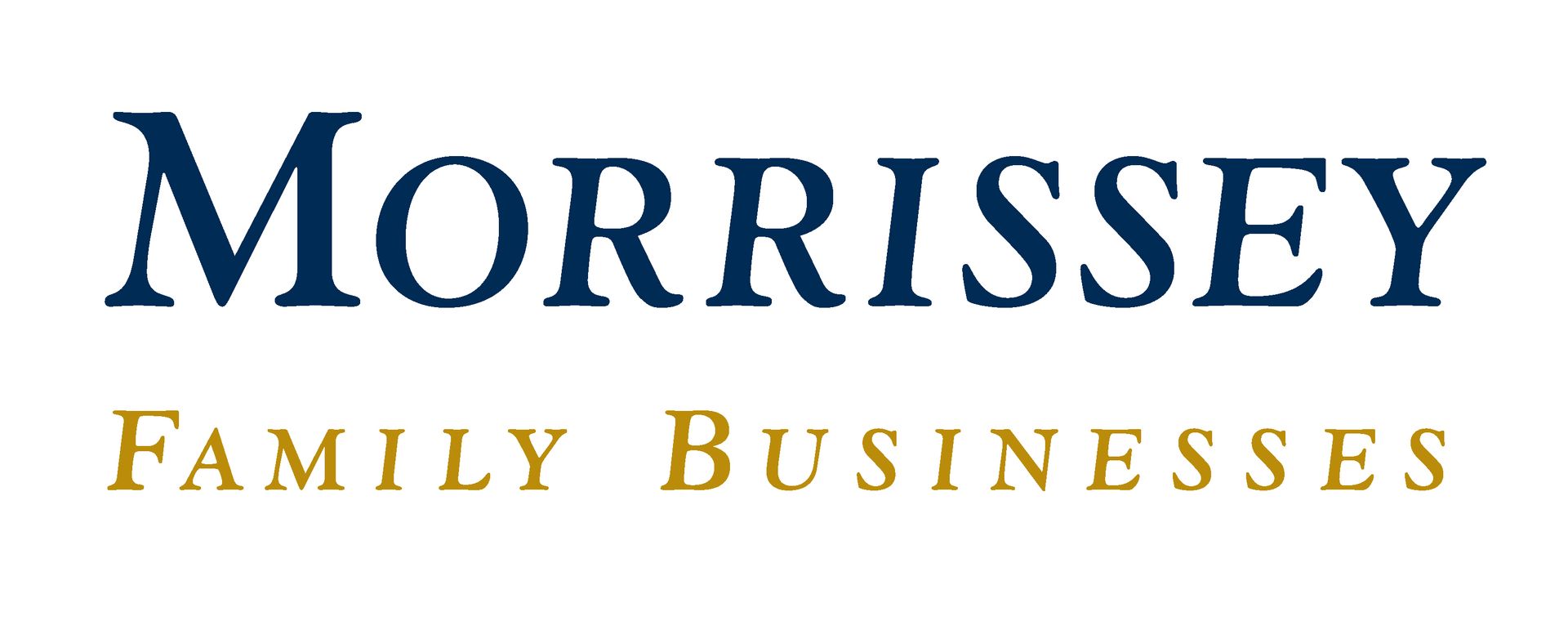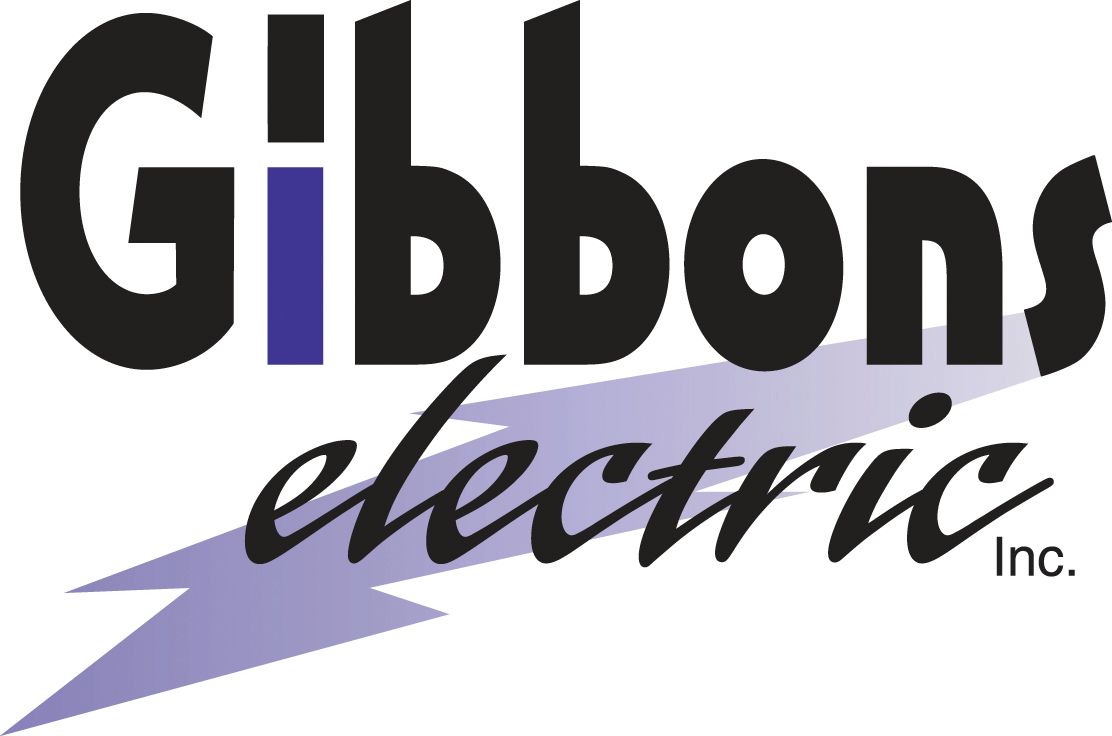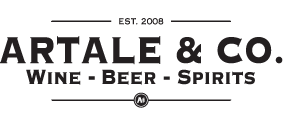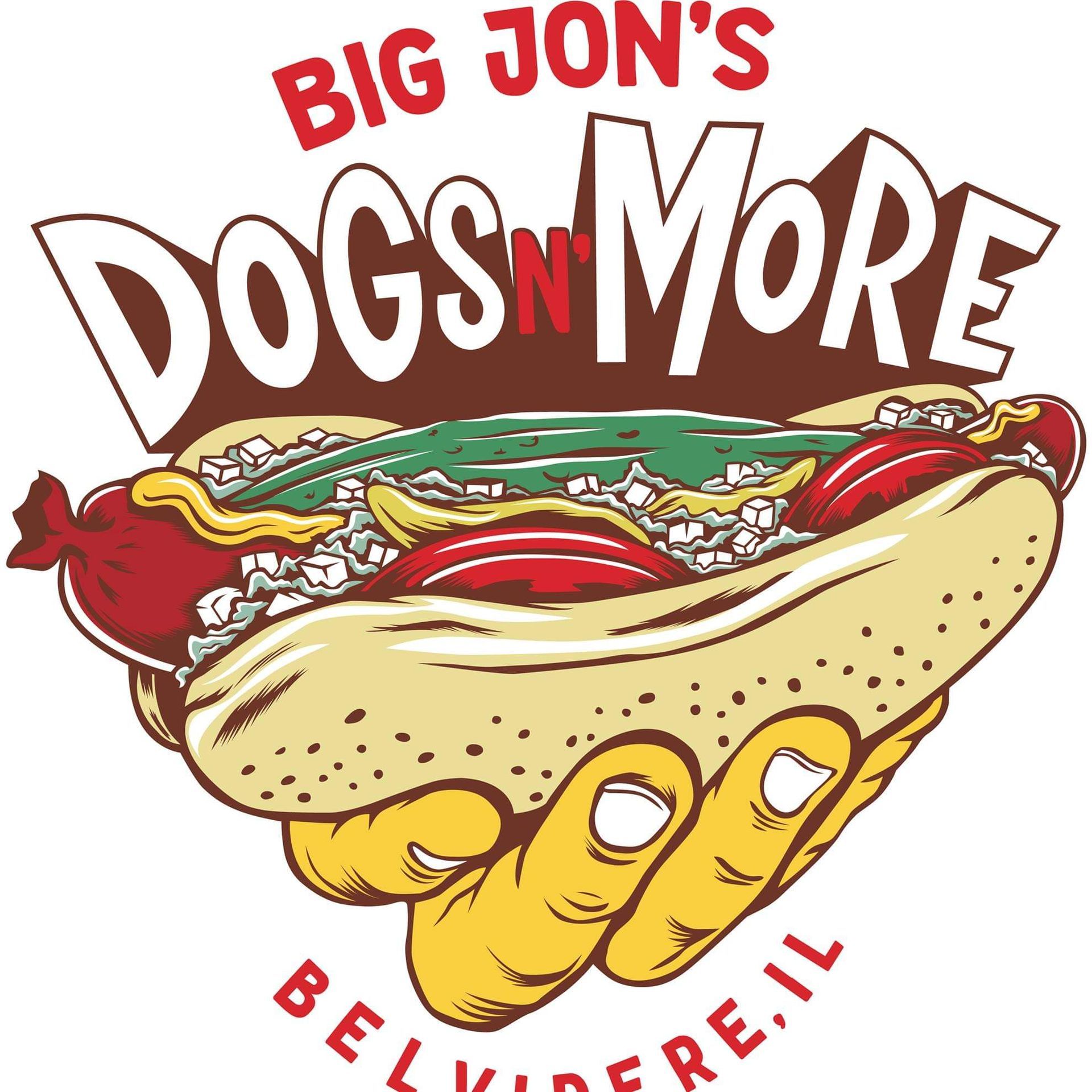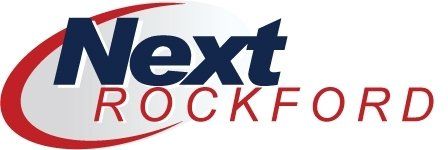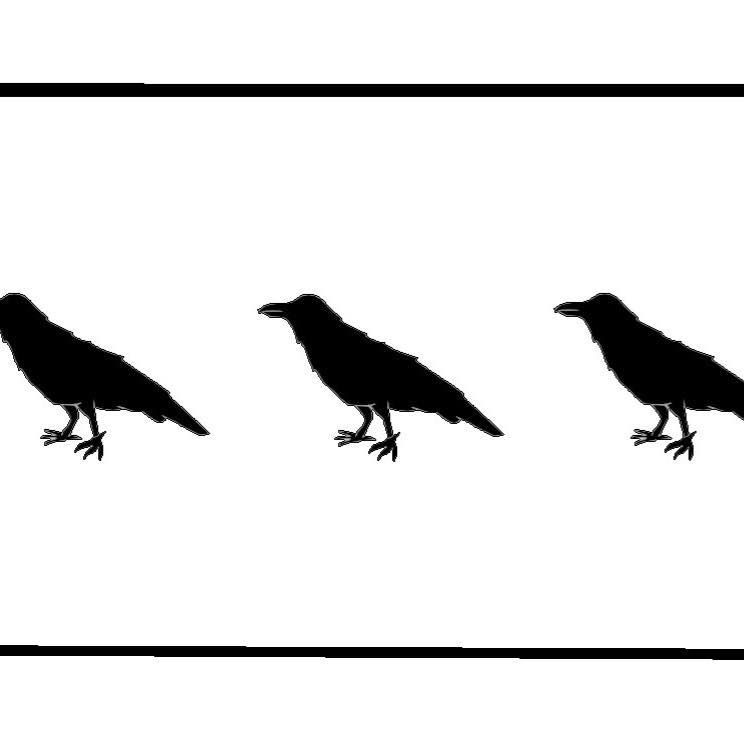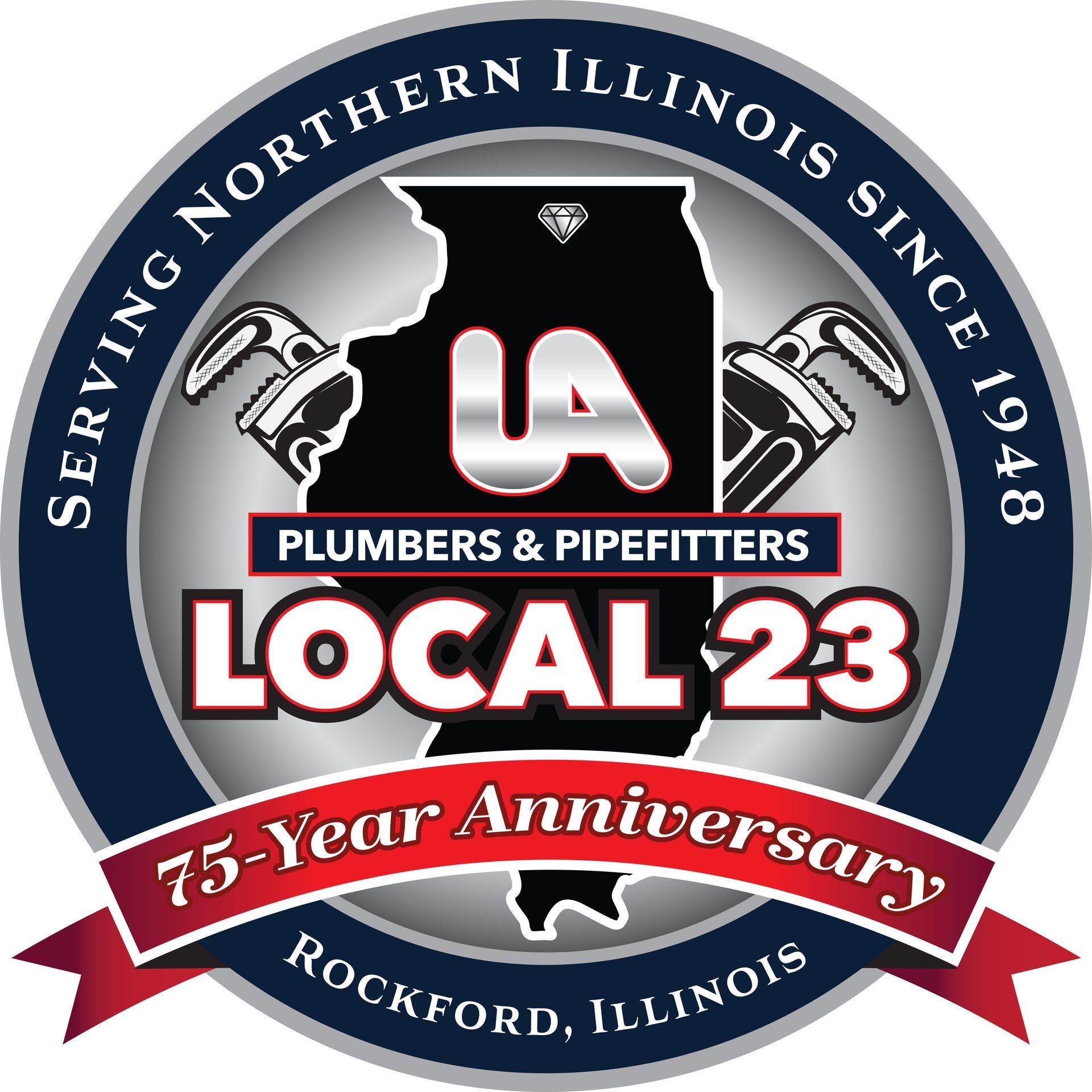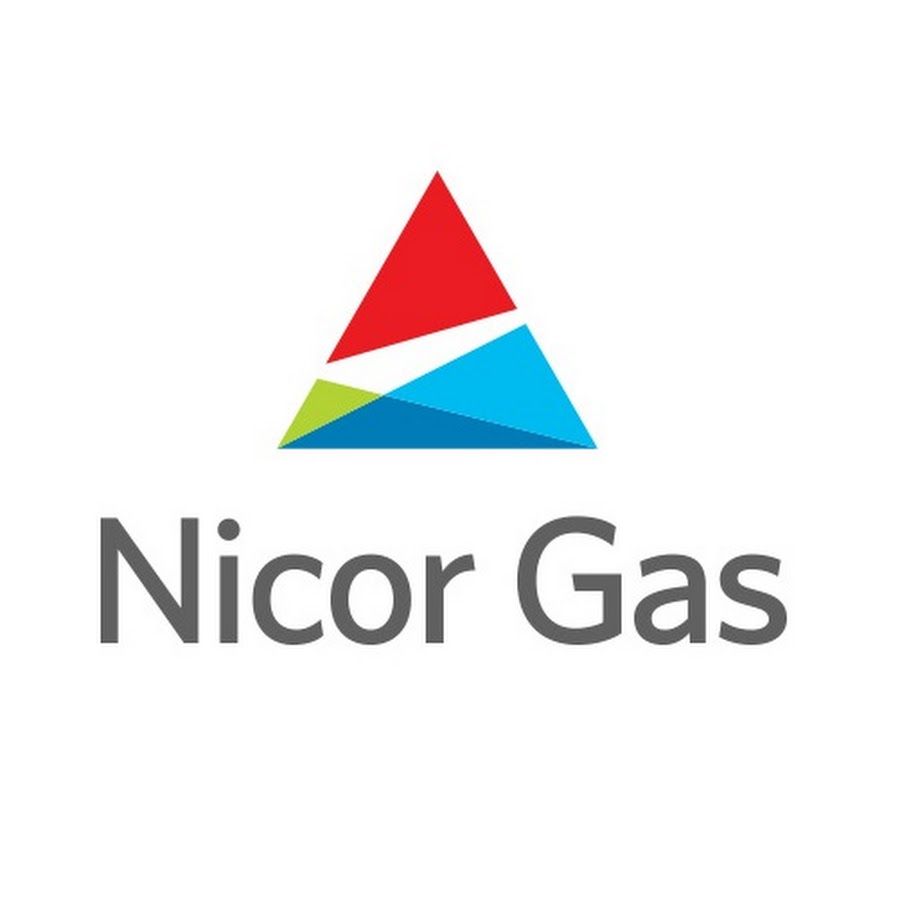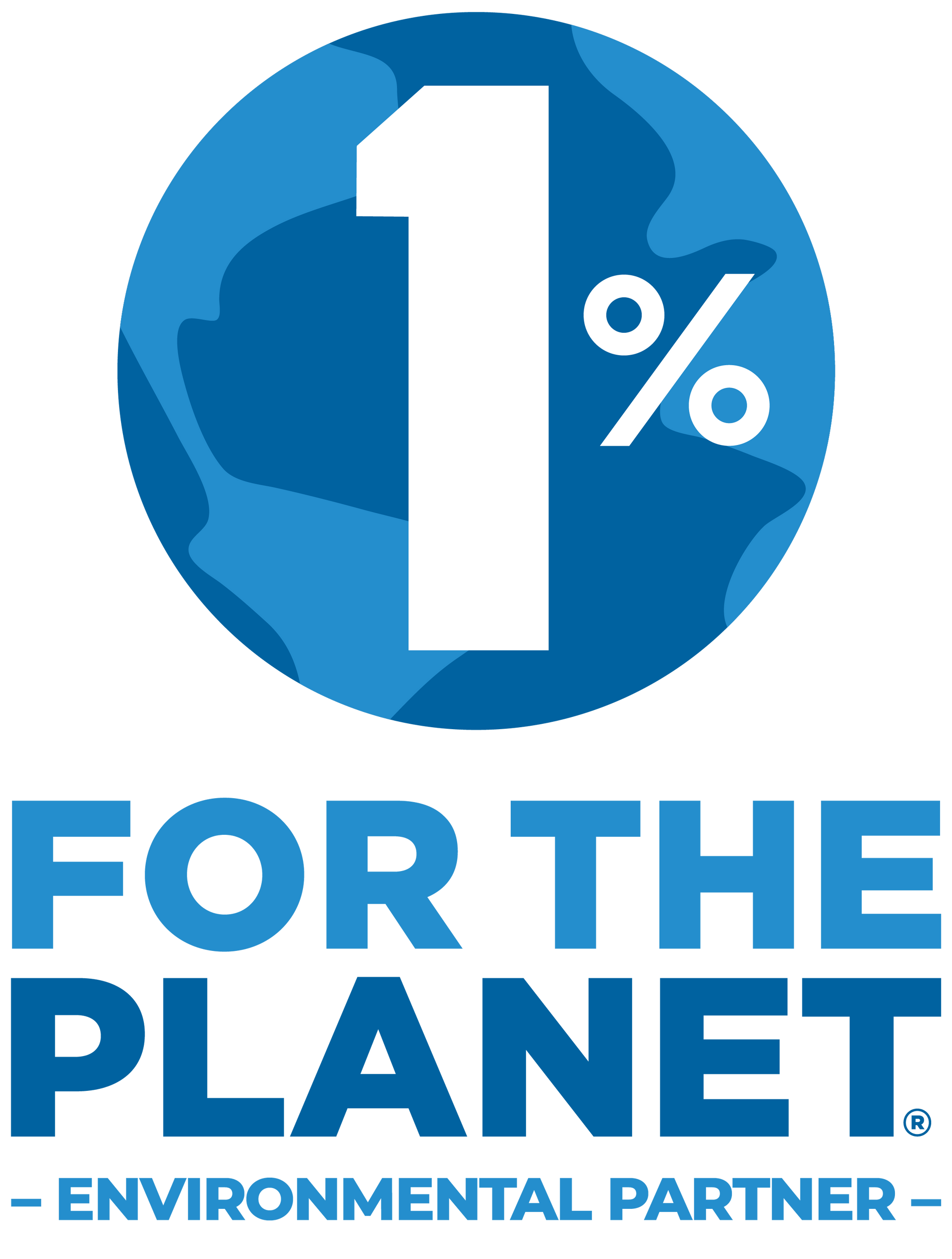FIELD NOTES BLOG
Household Hazardous Waste Disposal
How to Safely dispose of common corrosive and hazardous household materials
Whether it's from doing a spring cleaning of your house, clearing everything out when you or a friend is getting ready to move, or getting rid of the extra cleaning junk and garden chemicals that you have piled in the shed; you’ve probably found yourself wondering “how do I get rid of these things?” In just about every house in the United States, there are plenty of items that cannot be regularly thrown away with usual garbage because they can be toxic and dangerous to the environment. Instead, they require a special type of disposal. These items are called household hazardous waste, which most people just abbreviate and refer to these items as HHW. The Environmental Protection Agency
(EPA) defines HHW as, “some leftover household products that can catch fire, react, or explode under certain circumstances, or that are corrosive or toxic”. Throughout the United States, each state and most U.S territories have HHW collection programs for residents to dispose of their hazardous waste correctly, with most states having more than one of these locations.
If you need to dispose of your own HHW, it is important to look up and see which drop-off location is the closest to you, but it’s crucial that you make sure the location is located in the same state as you! Local taxes and regulations make it so it is free for residents (of that state) to dispose of their HHW, but if you are an out of state resident then you will either be turned away, or there will be a small fee for disposal. The Illinois Environmental Protection Agency has created a helpful online database which lists HHW collection locations, as well as other collection facility locations, in both a map and table form. This online site will show you which collection locations are near you, their hours of operation, and any other important information you may need to know ahead of time.
Residents of the Rockford area are fortunate enough to have one of these collection sites located here in south Rockford! The City of Rockford, Illinois EPA, and Four Rivers Sanitation Authority co-operate the
Household Hazardous Waste Disposal Center, which is located at 3315 Kishwaukee Street and it is open on Saturdays from 8 a.m. to 4 p.m. and on Sundays from 12 p.m. to 4 p.m. However, when the following holidays land on a Saturday or Sunday, this location is closed (New Year’s Day, Easter Sunday, Independence Day, and Christmas Day). In Illinois, HHW collection sites are funded by the Illinois EPA, meaning, they are free for the public to use (Illinois residents only). Agriculture, business, and commercial properties are not able to dispose of hazardous waste at these sites and will be turned away if tried, this site is only allowed disposal for residents with permissible household items. Please note that it’s easiest for the workers if you bring your HHW materials in a container that you don’t want back, this allows the workers to sort the materials on their time and prevents traffic buildup at the loading site.
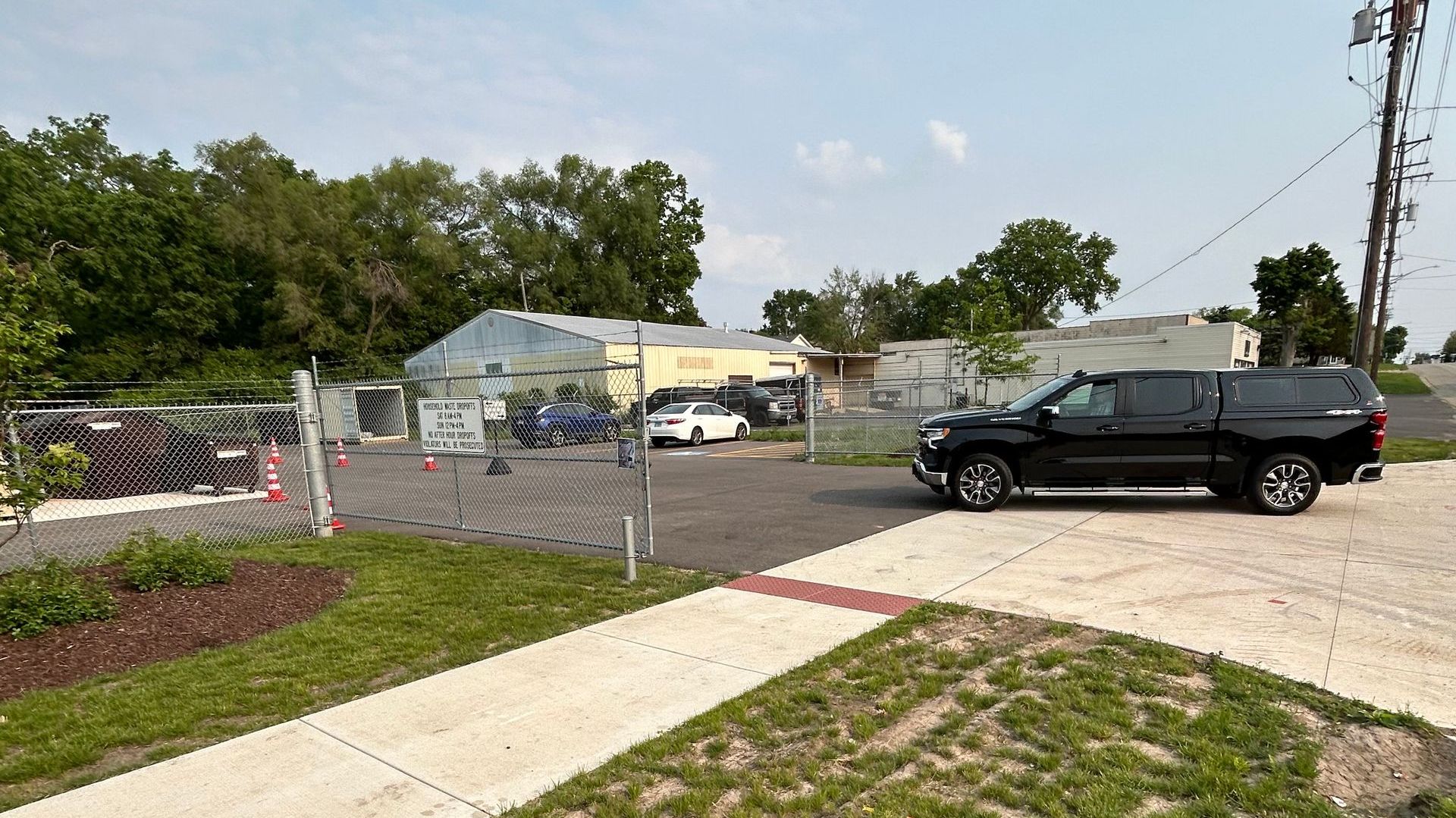
In Illinois landfills, the disposal of Covered Electronic Devices (CEDs) are prohibited, instead there’s a different type of disposal center to take this waste to. CEDs are video display devices that contain a screen greater than four inches diagonally, examples include computer monitors, tablets, laptops, portable DVD players, printers, etc. The Household Hazardous Waste Disposal Center doesn’t accept electronic waste (e-waste), however, there are three recycling center locations provided by Keep Northern Illinois Beautiful (KNIB) that specialize in e-waste: (Rockford Recycle Center, 4665 Hydraulic Road, Rockford, IL), (Machesney Park Recycle Center, 8409 N. 2nd Street, Machesney Park, IL), and (South Beloit Recycle Center, 624 Eastern Avenue, South Beloit, IL). In 2017, the state of Illinois passed the Consumer Electronics Recycling Act (CERA), which is a state law that requires there be a statewide system for recycling and reusing residents' unwanted electronics. Disposal for the following items are covered under the CERA program:
- Computers and Small-Scale Servers
- Computer Monitors
- Electronic Keyboards & Mice
- Printers, Fax Machines, and Scanners
- Televisions
- DVD Players, DVD Recorders, and VCRs
- Digital Converter Boxes, Cable Receivers, and Satellite Receivers
- Portable Digital Music Players and Video Game Consoles
Disposal of televisions and monitors will come at a slight fee, and the amount will depend on the size of the TV/monitor. Only intact electronics will be accepted. Any partial devices, components, and parts are not eligible for the CERA program and will likely be turned away, or be taken for a fee.
- TVs/monitors < 19 inches ($20)
- TVs/monitors > 19 inches ($25)
- Projection TVs/wood console TVs ($30)
Common Questions
People often wonder how to get rid of latex paint. Some people may remember taking paint to a HHW site to dispose of it, but now you can take a few steps to safely dispose of it in regular garbage. First, you need to combine the latex paint with some type of absorber agent (cat litter, sawdust, Oil Dri, or other absorbent materials). When you use an absorber agent, you typically add an equal amount of the absorber as there is latex paint (unless directed otherwise on the directions when using a commercial paint hardener). Then, you need to allow the mixture to set, stirring the absorbent into the paint may speed up the process. Once the paint is completely dried, and all signs of moisture are gone (paint no longer pours out of the can), you can throw away both the can (with the dried latex paint) and the paint can lid away into a garbage bag, you then can throw it away into the regular garbage.
When it comes to batteries, most battery types are accepted at HHW collection facilities. However, alkaline, automotive, and marine batteries are not accepted. Alkaline batteries are able to be discarded with regular garbage items, but be sure to put tape over the terminals! This really only matters when it comes to batteries larger than
9-volt, but it’s not a bad thing to do regardless. This is important, taping the exposed terminals prevents the battery from rubbing against other materials which could potentially cause sparks or a fire. In the case of a damaged or leaking battery, be sure to never handle it with bare hands, and always wash your hands thoroughly afterwards. You should package any damaged or leaking batteries into a plastic bag, and then throw them away into the regular garbage.
By popular demand, vehicle and bicycle tires are accepted free of charge at this site. When you first pull into the disposal center you will see a sign that shows which direction to go specifically for disposing of used tires. There are plenty of locations around the stateline that will accept old tires, but most dealerships and mechanics will charge a small fee per tire that is dropped off. Whereas the HHW disposal center accepts tires free of charge, with the limitations of 4 tires per vehicle/day, and that all tires are <4 feet diameter.
If you have any further questions about what can and cannot be disposed of at these sites, go onto your computer browser and search “HHW near (insert town)” and then go onto that pages website and they should have an outlined list of these items, as well as a contact to refer to if you have more questions.
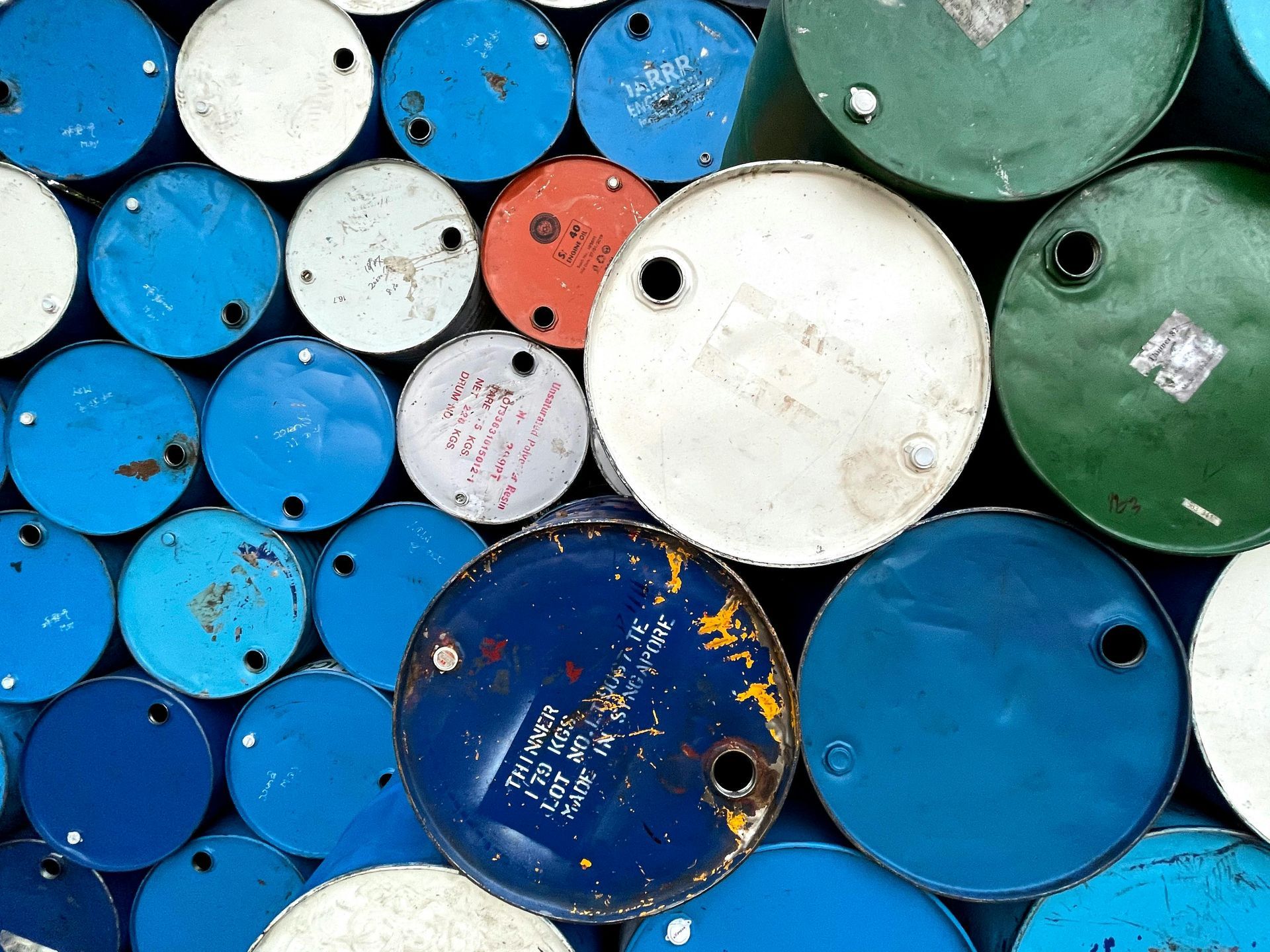
* All liquid wastes are required to be in containers of no more than five gallons *
• Adhesives
• Aerosol cans
• Antifreeze
• Arts and craft paints
• Asbestos (caulk / roofing tar / paint)
• Asbestos tiles or shingles (MUST be wetted and double bagged, plastic bags with a MINIMUM thickness 10 mil)
• Auto body filler
• Auto related fluids
• Automotive fluids and fuels
• Batteries: nickel-cadmium, lithium-ion, lead-acid - Must have terminals taped
• Body putty
• Brake fluid
• Car and chrome polish
• Car cleaners
• Carburetor cleaner
• Caulks
• Cleaners
• Cleaning products
• Compact fluorescent light bulbs & tubes
• Coolant
• Concrete sealant
• Craft & hobby chemicals
• Diesel fuel
• Dish soap
• Drain cleaners
• Driveway sealant
• Engine degreaser
• Epoxies
• Fertilizers
• Fluorescent tubes / bulbs
• Freon in aerosol-type cans (R-11, R-34a)
• Fuel and oil additives
• Fuel injector cleaner
• Fungicides
• Garden chemicals
• Gasoline
• Glues
• Grease and rust solvents
• Herbicides / herbicides lawn chemicals
• Household batteries: nickel-cadmium, nickel-metal hydride, lithium-ion, lead-acid- Must have terminals taped
• Household cleaners
• Insecticides
• Kerosene
• Lacquers and stains
• Lamp oil
• Laundry detergent
• Lawn and garden products
• Light bulbs
• Mercury (metallic liquid)
• Mercury (solids)
• Mercury thermostats
• Mercury thermometers
• Mineral spirit
• Naval jelly
• Oil-based (alkyd) paints
• Paint (oil-based)
• Paint removers
• Paint strippers
• Peanut oil
• Pesticides (residential-size containers)
• Photo processing chemicals
• Pool chemicals and additives
• Pool chlorine
• Radiator fluids
• Rechargeable batteries- Must have terminals taped
• Resins, fiberglass and epoxy
• Roach and ant killer
• Rodent poisons
• Roofing tar
• Rubber cement
• Rubber cement thinner
• Shampoo
• Skin lotions
• Soil fumigants
• Starter fluids
• Tires (4 / vehicle)
• Transmission fluid
• Turpentine
• Used cooking oil
• Used oil
• Used strippers and thinners
• Used / unused motor oil
• Varnishes and stains
• Wallpaper remover
• Weed killers
• Wood preservatives
Unacceptable Household Waste
•Acrylic Paint
•Agricultural chemicals (farm-size containers)
• Alkaline batteries
• Aluminum cans & scrap - (recycle with KNIB - Keep Northern Illinois Beautiful)
• BBQ & camp size propane
• Business/commercial sector wastes
• Cardboard- (recycle with KNIB)
• CO2 detectors
• Compressed gas or liquid cylinders
• Computers- (recycle with KNIB)
• Controlled substances (pharmaceuticals)
• Electronics- (recycle with KNIB)
• Explosives
• Farm waste
• Fire extinguishers
• Fireworks
• Food waste
• Garbage
• Institutional wastes (schools, churches, nursing homes)
• Latex paint
• Medications
• Metal scrap- (recycle with KNIB)
• Paper- (recycle with KNIB)
• Pharmaceuticals
• Propane tanks
• Radioactive materials
• Sharps, needles and potentially infectious medical wastes
• Smoke detectors
• Styrofoam
• Tractor tires (>4 feet diameter)
• Trailer tires (>4 feet diameter)
• Trash
• Water-based paint
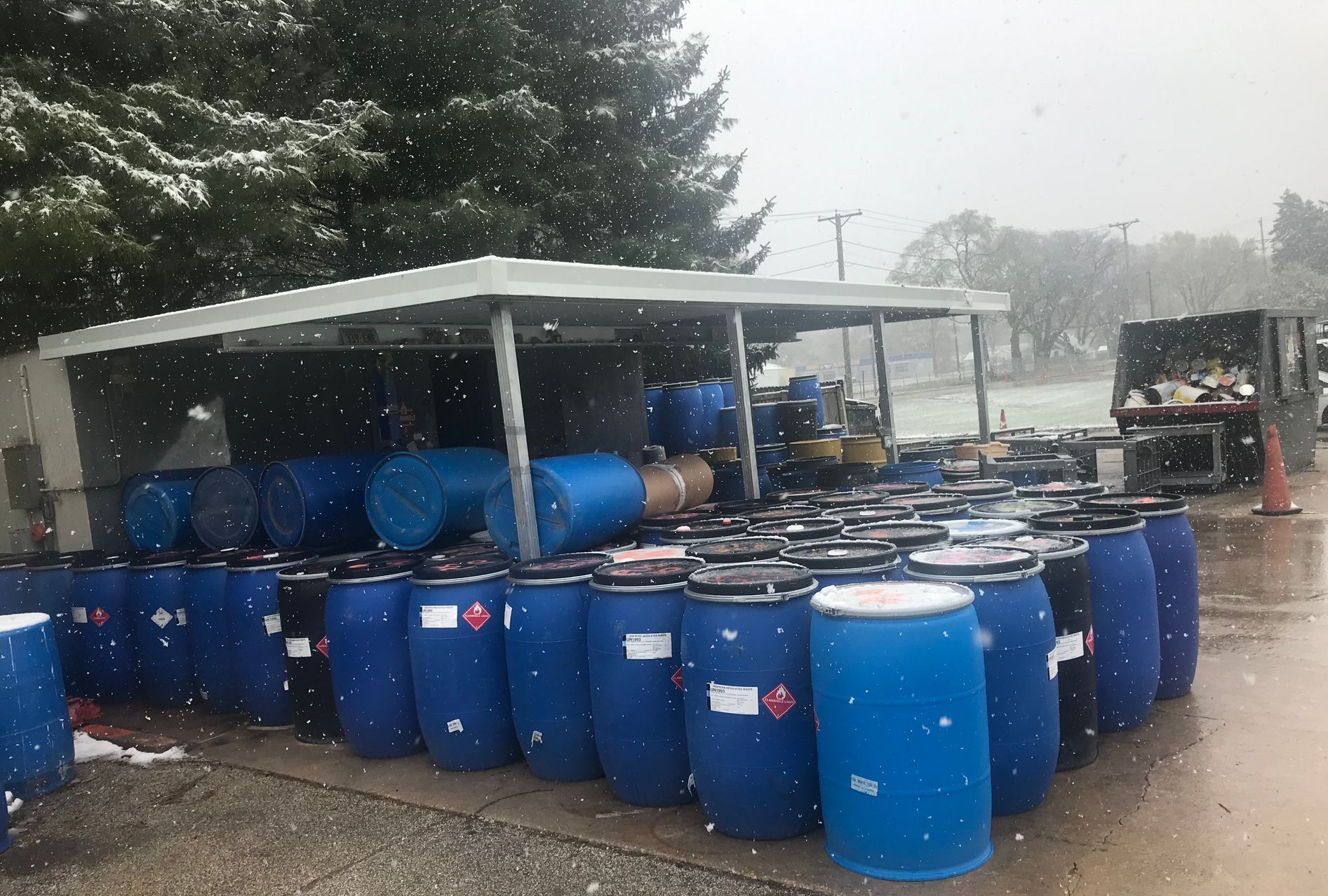
Where to Dispose of Things the Rockford Household Hazardous Waste Site Won’t Accept
Agriculture or Farm Waste
Clean Harbors
773‐247‐2828
Heritage Crystal Clean
847‐836‐5670
Stericycle
844‐684‐1072
Veolia Environmental Services
312‐938‐0078
Ammunition or Firecrackers
Call local police department Call local gun shop Stericycle
844‐684‐1072
Business Waste (businesses, churches, farms, nursing homes, schools, etc.)
Clean Harbors
773‐247‐2828
Heritage Crystal Clean
847‐836‐5670
Stericycle
844‐684‐1072
Veolia Environmental Services
312‐938‐0078
Business waste ‐ Electronics
206‐249‐1304, ask for Greg Clean Harbors
773‐247‐2828
Cylinders (oxygen, helium, carbon dioxide, refrigerant gas, etc.)
Clean Harbors
773‐247‐2828
Heritage Crystal Clean
847‐836‐5670
Stericycle
844‐684‐1072
Veolia Environmental Services
312‐938‐0078
Fire Extinguishers
A‐Fire Extinguisher, Suburban
Patrol & G.W. Porter
616 South 6th Street, Rockford, IL 61104
815‐961‐8100
Medication or Pharmaceuticals (Prescription strength)
Keep Northern Illinois Beautiful (KNIB)
4665 Hydraulic Road, Rockford, IL 61109
815‐637‐1343
Medication (over‐the‐counter strength)
Rockford HHW, 3315 Kishwaukee Street, Rockford, IL 61109
Needles or Sharps
- Place needles or sharps inside a puncture‐proof container (i.e. bleach or detergent bottle)
- Close top on container
- Place container inside trash bag
- Place trash bag inside your garbage can
Propane Cylinders
Blackhawk Propane Company
1000 Doner Drive, South Beloit, IL 61080
815‐389‐3522
Ferrell Gas
10522 N Second Street, Machesney Park, IL 61115
815‐877‐7333
Hicks Gas
6418 Logan Avenue, Belvidere, IL 61008
815‐547‐6309
Recyclable Materials (i.e. glass, metal, paper, etc.)
Keep Northern Illinois Beautiful (KNIB)
4665 Hydraulic Road, Rockford, IL 61109
815‐637‐1343
Smoke or Carbon Dioxide Detectors
Dispose of into your garbage
Sources
“Household Hazardous Waste (HHW).” EPA, Environmental Protection Agency, www.epa.gov/hw/household-hazardous-waste-hhw.
“Incident Waste Decision Support Tool (I-Waste DST).” EPA, Environmental Protection Agency, 28 Aug. 2024, iwaste.epa.gov/treatment-disposal-facilities?facilityTypeId=1%2C4%2C11%2C37.
“Household Hazardous Waste Disposal.” Household Hazardous Waste Disposal | Rockford, IL, The City of Rockford, www.rockfordil.gov/492/Household-Hazardous-Waste-Disposal.
“Electronic Waste (e-Waste) Disposal.” Electronic Waste (E-Waste) Disposal | Rockford, IL, The City of Rockford, www.rockfordil.gov/481/Electronic-Waste-E-Waste-Disposal.
“Consumer Electronics Recycling Act.” Illinois Counties Solid Waste Management Association, ILCSWMA, 24 Jan. 2025, ilcswma.org/blog/consumer-electronics-recycling-act/.
Honeycutt, Holly. “How to Store and Dispose of Paint | Lowe’s.” Lowes, How to Store and Dispose of Paint Properly, 22 Oct. 2024, www.lowes.com/n/how-to/store-dispose-paint-properly.
“Proper Packaging of Alkaline Batteries.” Battery Recyclers of America, Battery Recyclers of America, 17 May 2022, www.batteryrecyclersofamerica.com/proper-packaging-of-alkaline-batteries/?srsltid=AfmBOoqKI96jU9vkWlTlIthy6NsMm-GQSkeBbYRm3zARGpND_3wDQHpp.
“Hazardous Waste Site: Rockford, IL.” Household Hazardous Waste Facility Is Now Open, Keep Northern Illinois Beautiful, www.knib.org/what-we-dont-take.

RECENT ARTICLES


